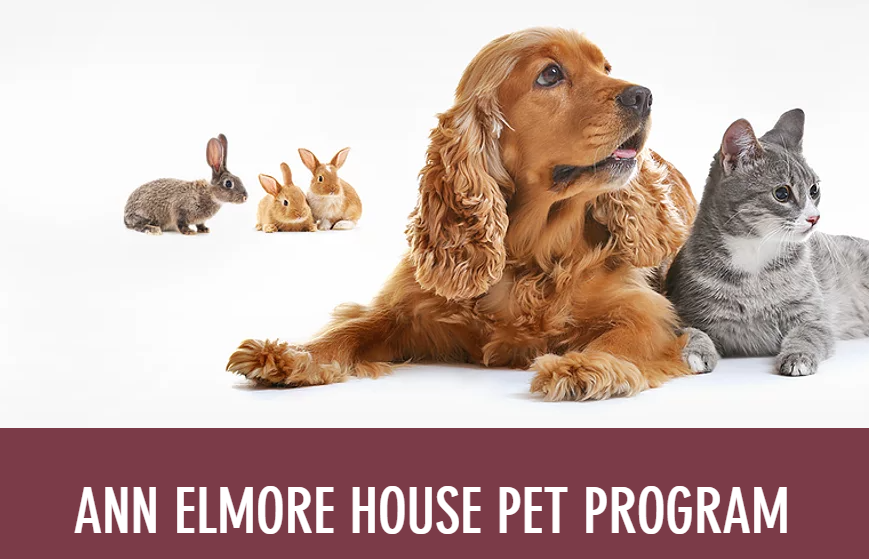The Ann Elmore Transition House in Campbell River remains a refuge for those fleeing domestic violence, but soon their pets will be welcome as well.
Since 1987, it has provided shelter for women and their children in a comfortable environment, with food and basic needs, plus support groups and 24-hour staffing.
But now, the house is expanding. Staff is currently in the process of creating a new Pet Program, allowing those accessing the shelter’s services to bring their four-legged friends along with them.
The Campbell River and North Island Transition Society (CRNITS) runs the house and spokesperson Diane Palmer says the program is a much-needed first for the area.
“It’s a barrier for women that they’re not able to sometimes leave the situation of domestic violence, because they don’t want to leave the pet in that situation,” Palmer tells My Campbell River Now.
Pets often become a target once violence is in the home, she notes. And with this in mind, the society wants to provide some safety for pets too. Palmer also says pets offer a lot of comfort to women, especially when they’re going through a difficult time.
According to Palmer, the program is expected to launch soon — hopefully within the next week. It’s being made possible thanks to funding from the Campbell River Community Foundation and BC Hydro; those funds will provide a fenced gravel area for pets, plus some supplies.
However, the society is aiming to raise $5,000 to pay for things like veterinary visits, or specific food needed for health reasons.
“The women will likely flee without any supplies for the animals and we may need these extra funds in case the animal is in poor health or has been injured in the process of fleeing,” Palmer explains.
In 2021, women are facing adding barriers not only due to the COVID pandemic but also the ongoing housing crisis, she adds. Last year alone, a total of 82 women and 21 children were housed at Ann Elmore House.
CRNITS executive director Valery Puetz says the aim is to make sure the house’s services are available to women, and their children, with as few barriers as possible.
“We know that leaving pets behind when leaving an abuser is extremely difficult, and this is one more way we can support women in our community who rely on our services,” Puetz says.
To donate to the new Pet Program at the Ann Elmore House, visit this website.




